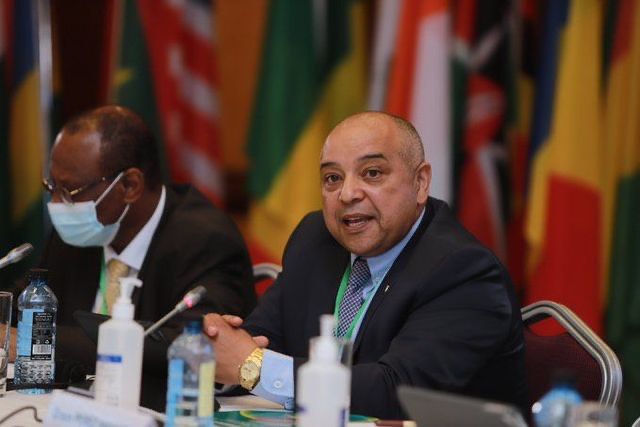The African Tax Administration Forum (ATAF) and the African Development Bank (AfDB) have marked ten years of collaboration dedicated to advancing Africa’s development through enhanced Domestic Resource mobilisation (DRM). ATAF…
ATAF, AfDB Celebrate 10 Years of Domestic Resource Mobilisation in Africa


